Personal Finance
Advertiser Disclosure
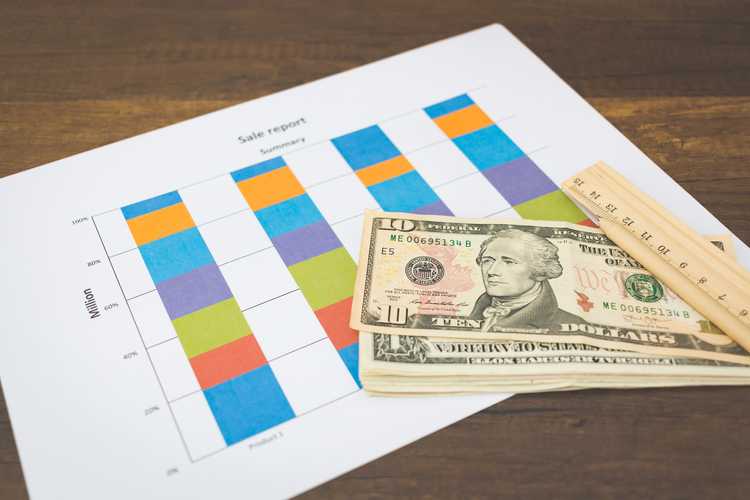
10 Best 3-month CD Rates in February 2025 To Boost Your Savings
Three-month CDs offer high APYs for short-term savings. Here are the best three-month CDs available at the moment.

How To Set Your Target Savings Amount
How much you need to save—for retirement, emergencies, your children’s college, a home, and more—depends on your circumstances. Still, there are some helpful guidelines to follow.
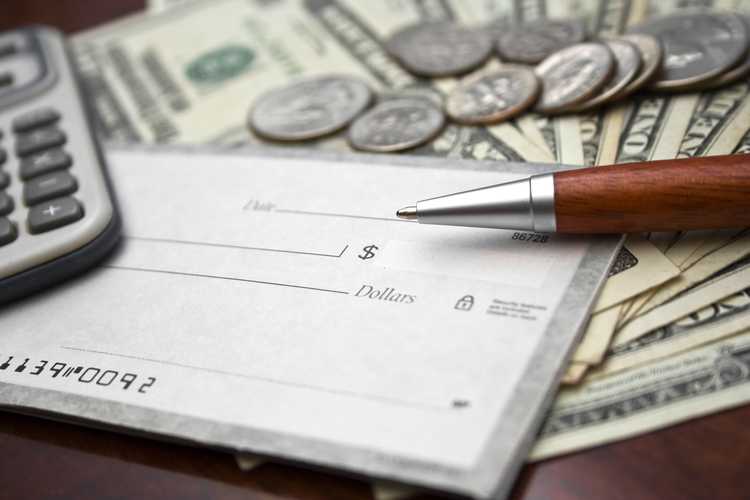
How Much Cash to Keep in Your Checking Account (vs. Savings)
Checking and savings accounts can help you reach different goals. It's important to know how much money you should keep in each one.
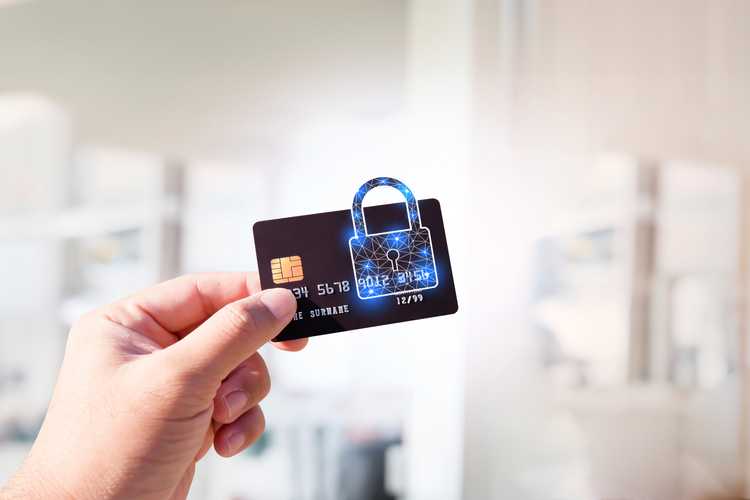
Debit Card vs. Credit Card: Differences and Which Is Better for Payments
Debit cards and credit cards function in many of the same ways, but they are different, and each should be used for the right purpose.

Quontic Bank Review 2025: Modern Banking With a Nice Ring to It
Quontic Bank is an online bank offering competitive rates and a pay ring. Its specialty is nontraditional mortgages for underserved borrowers.

Main Differences Between Checking and Savings Accounts
What is a checking account and how does it differ from a savings account? Here’s a look at what each account offers and how to choose the one you need.
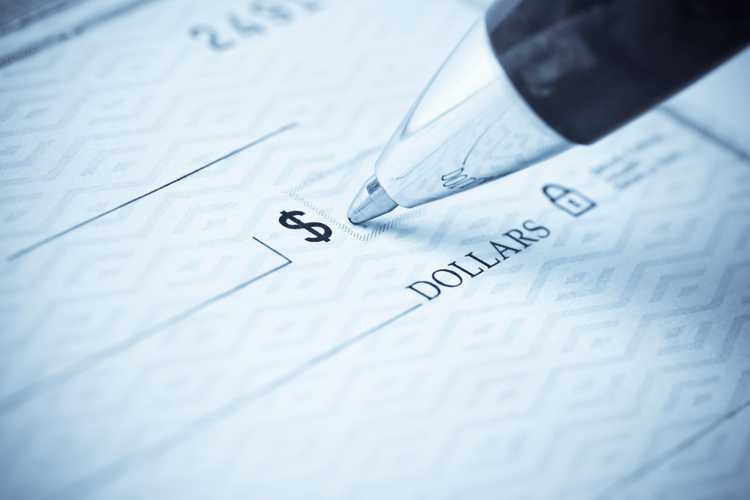
Where to Order Checks? Online and Retailers
Paper checks are still a useful financial tool in this digital age. However, they’re not cheap. Cut down on your check costs with these simple tricks.

What is Cash App & How Does It Work?
Cash App is an app that allows you to send and receive money, stocks, or bitcoin through your mobile phone. The app is free, safe, and does not require you to have an open bank account to use it.
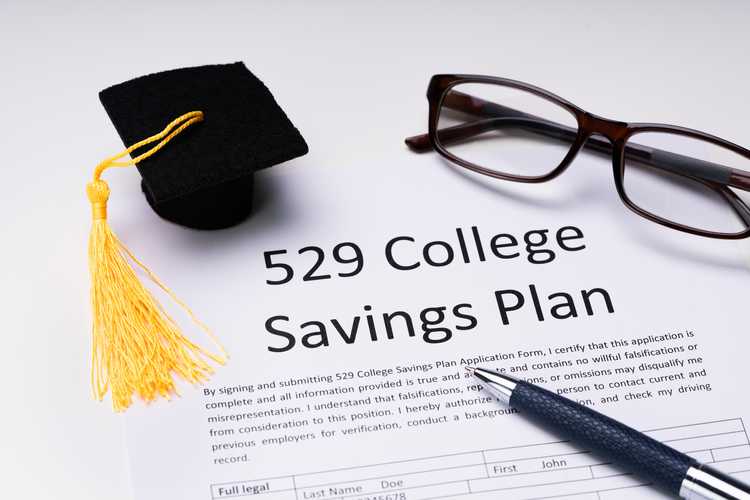
What is a 529 Plan?
529 plans are state-sponsored savings and investment accounts, with excellent tax advantages. The funds can be used for a wide variety of qualified education expenses.

How Many Bank Accounts Should You Have?
Banks offer multiple account types for different needs. Keep reading to learn how many accounts you should have.

Money Market Account vs Savings Account: Similarities, Differences, & Which Option Is Best for You
Both money market accounts and savings accounts pay interest on balances, but they differ in the interest rates offered, withdrawal regulations, and minimum deposits needed to open an account.
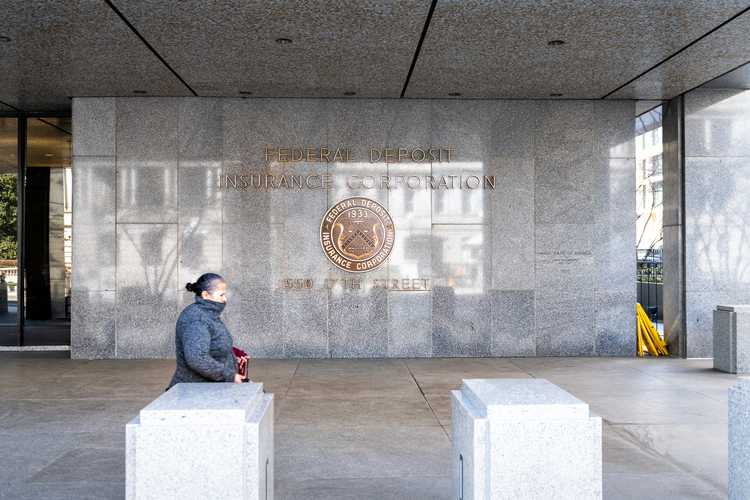
FDIC Insurance: What Is It and What Are the Requirements?
FDIC is insurance provided by the federal government that protects deposits in U.S. banks up to $250,000. Here’s how it works.

How to Open a Bank Account as a Non U.S. Citizen: Requirements and Documentation
Non-citizens absolutely have the right to open an account with a U.S. financial institution. Here’s the documentation you need to have—and the procedure to follow—to get one.

What Is a Savings Account and Why Do You Need One?
A savings account is an important bank account, ideal for safely storing your money while earning interest. Learn more about what a savings account is here.
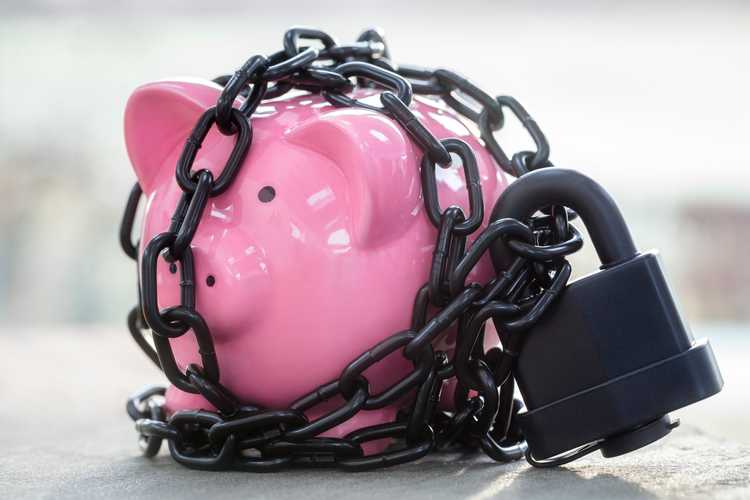
How to Close a Bank Account
Closing a bank account is a quick and easy process. Learn how to close a bank account here.

What Is a Checking Account: A Complete Guide
Checking accounts play an important role in managing your money. Learn what a checking account is and how it works.

How To Open A Bank Account Online: 6 Easy Steps
If you’re looking to get a new checking or savings account, you don’t need to leave home. Check out our guide explaining how to open a bank account online.
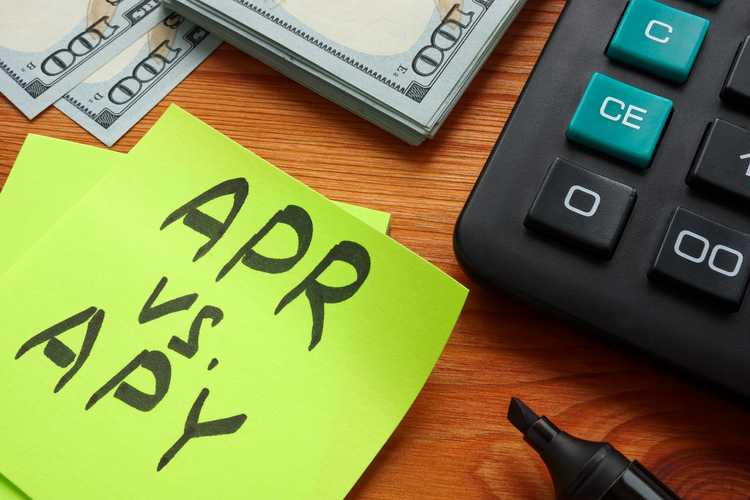
APR vs. APY: Are They the Same?
While annual percentage rate (APR) and annual percentage yield (APY) might sound similar,they’re actually quite different. The first applies to borrowing money, while the second applies to saving it.
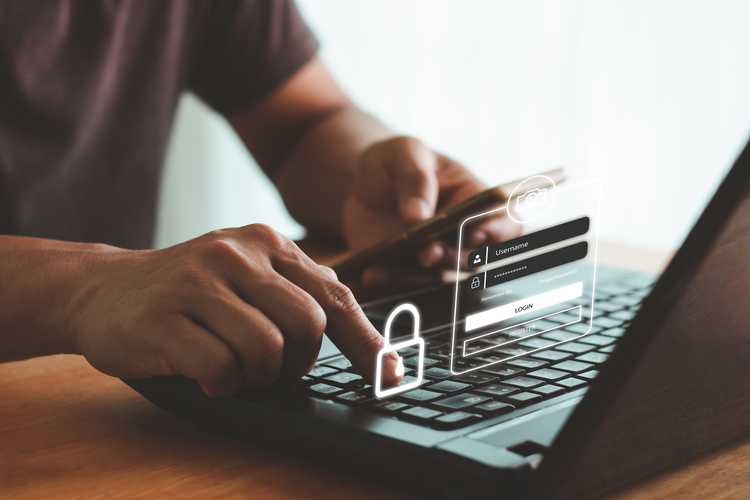
Private Banking: What It Is and How It Works
Private banking extends personalized financial services and higher yields on deposit accounts, but you’ll need to meet minimum asset requirements to qualify.

Best 529 College Savings Plans for 2025
A 529 college savings plan offers a tax-advantaged way to save for higher education Find out which states offer the best plans.
1.3936.0+2.11.42
